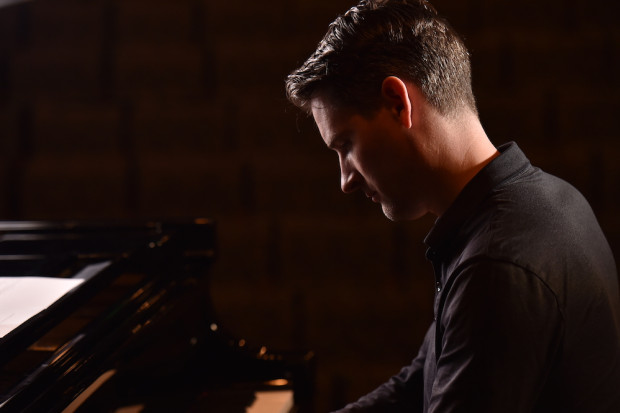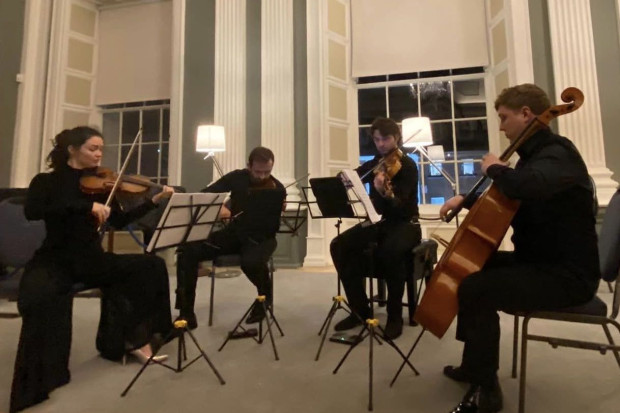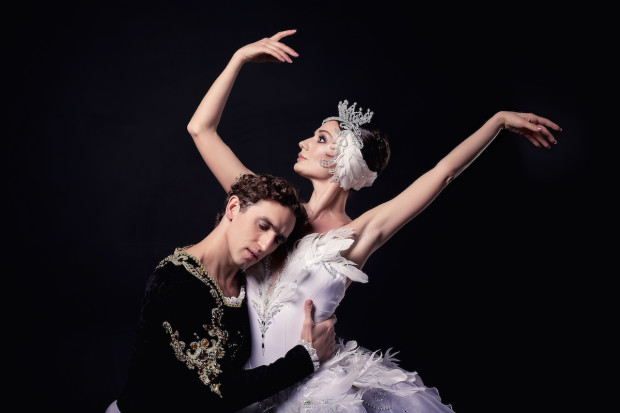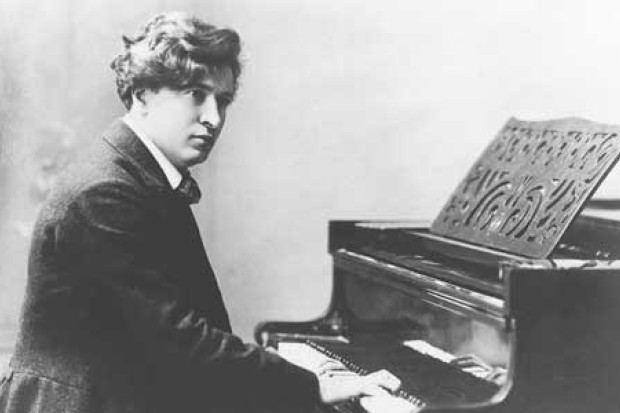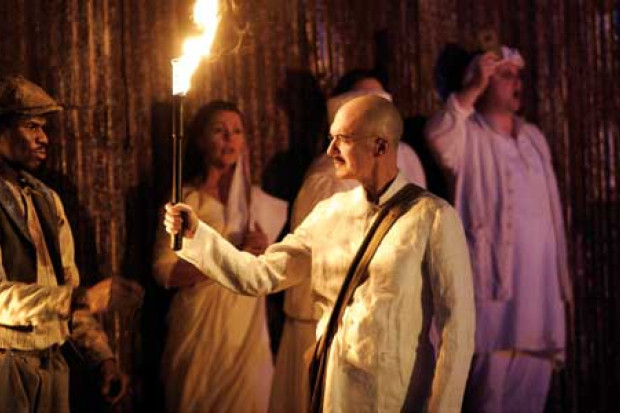
John McLachlan
Death of the Concert?
We have recently passed successfully into the year 2000 and the world as we know it didn’t end, despite pre-millennial tension ranging from the millennium bug to expectation of complete cataclysm. Bolstered by the hitch-free nature of this ‘once-in-a-lifetime’ event, I will argue that history is generally made up of smooth transitions, and that while the nature of concert practice undergoes change, today’s situation is not radically different from yesterday’s or tomorrow’s. There are, of course, trends worth noting and even perhaps guarding against, but I would reject the sci-fi tone of the above heading.
Every generation has felt that society is on a constant downward spiral to moral mayhem and ultimate self-destruction, yet we somehow soldier on through the ages, the majority of individuals muddling through against a constant backdrop of societal changes, not all major, not all bad. Is the concert such a special case that it will die if catches any of what is going around?
Before we assess its health, terminal or otherwise, what is the ‘concert as we know it’ in the first place? Is it the ceremony of dimming the lights, the rapt silence between movements, the tendency for performers to appear in a dinner-jacket? Is it defined by the programming, the demographic make-up (or simply the size) of the audience, or the often difficult economic conditions? Well return to these …
The relatively recent inventions of sound recording and broadcasting, certainly appear to qualify as a huge change on the musical scene. But while these two developments more or less killed off the drawing-room traditions of gathering round the piano to sing and play, their main achievement and objective was to bring music to a public who didn’t normally go to concerts in the first place.
Now what about the ceremonial aspects? What if the conductor and orchestra came out in casual clothing, if the lights werent dimmed, if people talked all the way through and clapped whenever they heard something remarkable? Would that be the end of the concert as we know it? Well in fact, in most respects this would only be a return to how things were in times gone by (never mind ‘original instruments’ let’s bring back ‘the original audience’!). Wagner introduced the light dimming, it wasn’t done before him. Talking all the way through was something Mozart endured as he strove to bring his opera to the people, in their own language. Clapping sporadically during the music already happens in jazz. Dinner jackets and tails are just another nineteenth-century innovation.
The concert is endangered if it refuses to change altogether. If a section of the music world becomes completely trapped in a museum-curatorship of music of past ages, then it may very well die. Even that would not be the end of the concert as we know it, but a return to the concert as it used to be, before all the revivals of the nineteenth century got us into the habit of listening to music belonging to previous generations. Because if the museum side of concert life were to die, a lot, including the new music scene, would remain and possibly benefit. Lutoslawski pointed out that there are two types of concert music audience today, those who seek Tchaikovsky/Beethoven/Mozart, and those who seek newness, whether early music or new music. He believed that to try to foist a challenging new work on the Tchaikovsky/Beethoven brigade was to risk cancelling out the two audiences; both kinds would stay away. In fact, he described this as two aesthetics cancelling one another out, and saw no problem in providing separate kinds of concerts for the separate audiences. After all, we dont expect heavy metal and country-and-western fans to be attracted to a double bill of Garth Brooks and Metallica.
The reason why there is a desire to bring new music and Beethoven together is that there is a pressure to view them as ultimately flowing together into a canon of art works. This is fallacious not because the idea of a canon is incorrect, but because the canon really means a minority of works which have achieved classic status, and the vast majority of new pieces are destined never to reach that status; they are therefore not good companions. It is more logical and healthier to have festivals where new music can find a good audience without the distraction of having to live up to the best of the best all the time. Can you imagine every young playwright being forced to share the bill with Shakespeare/Goethe/Racine?
So there are a lot of things that concert organisers and promoters might consider, perhaps they should be returning to the normal historical situation of thinking about the consequences of their actions. They might examine some of the assumptions that may be leading to smaller audience numbers. I would argue for some considered changes, but not a complete abandonment of current structures.
As to the view that the whole idea of a canon is outmoded: it is not. The idea of putting all music into a catch-all ‘ethnic’ category seems to me pointless. We already have the word ‘music’ to cover all music, and no realignment of terminology will change the fact that there are intellectual differences between a two-and-a-half-minute track from B*witched and the first movement of Mahler 9.
A ‘canon-free’ perspective also argues that subsidy for art music is inherently unfair, and that such subsidy artificially props up unpopular forms/genres. This line of logic, were it to succeed, is the one most likely to lead to ‘the end of the concert’ since the historical view (that there is an intellectual difference between Mahler and Top of the Pops) has always guaranteed subsidy of some kind, whether from rich patrons or government. It is crucial for composers of concert music to resist this logic, since without ‘quality’ criteria, we would be left only with the criteria of profit.
I have characterised most of the possible changes in the music scene as healthy returns to historical practice, rather than major threats. Change is inevitable, but it can also be unhealthy. The greatest threat is the one from the anti-canon lobby, so we must hope that artists will continue, as they have always done, to resist the total commodification of their output, which is where that lobby would have us, wittingly or unwittingly.
This article also appeared in The Works (the journal of the British Academy of Composers and Songwriters).
First published in JMI: The Journal of Music in Ireland, Vol. 1 No. 1(Nov–Dec 2000), p. 18.
Published on 1 November 2000
John McLachlan is a composer and member of Aosdána. www.johnmclachlan.org












